SF Masterwork of the Week: The Gods Themselves
 What to say about The Gods Themselves?
What to say about The Gods Themselves?
Written by one of the greatest science fiction writers ever? Check.
Won the Hugo Award for best novel? Check.
Won the Nebula Award for best novel? Check.
Highly praised by The Encyclopedia of Science Fiction? Check.
Given added gravitas by virtue of inclusion in Gollancz‘s prestigious SF Masterworks series? Check.
OK, that last one might have been biased but the others are totally significant! Certainly, there’s no doubting Isaac Asimov‘s credentials and The Gods Themselves was seen as major return to the genre. But don’t take our word for it – ask Ken MacLeod:
From 1958 to 1972, even readers familiar with the works that made his name – the Robot and Foundation books, a handful of other novels from the 1950s, and various short-story collections – would have seen little new science fiction by Asimov. Instead, there was a sustained monthly output of popular science columns . . . and full-length popularizations of current knowledge in fields as diverse as biochemistry, astronomy, and (later in Asimov’s career) Shakespeare studies and Biblical scholarship.
We who grew up in those years loved these books – often sparkling, always sound – and we (and our children, if they’re lucky) can still learn a lot from them. But we missed Asimov, the science fiction writer. In 1972 that Asimov came back, and gave us this book. The Gods Themselves won the 1973 Hugo and the 1972 Nebula Awards for Best Novel, against shortlists that included major works by Robert Silverberg, John Brunner, and Norman Spinrad…
As Ken’s wonderful introduction goes on to outline, The Gods Themselves marked the return of a giant to the SF world. Put simply: this was an important book from a very important writer. And it fully deserves its place as an SF Masterwork.

